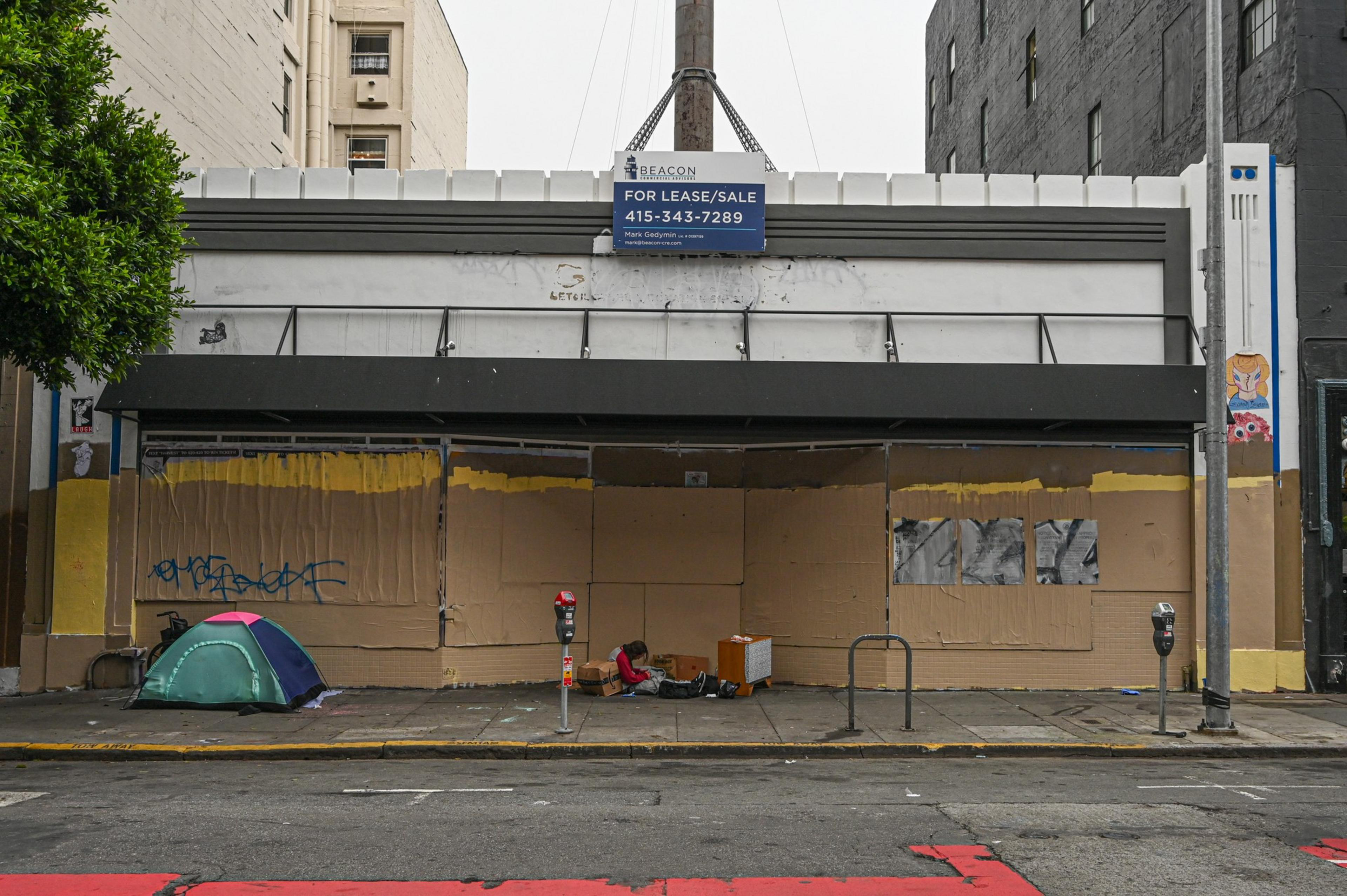A state bill that would legalize safe consumption sites is one hearing away from reaching the governor’s desk. But regardless of when and if the bill is signed into state law, San Francisco is likely to wait for the federal government’s rubber stamp before actually opening a site.
Once passed through the state senate for one last “symbolic” vote, Governor Gavin Newsom will have 12 days to veto or sign Senate Bill 57 into law. Introduced by State Senator Scott Wiener in Dec. 2020, the legislation would authorize San Francisco, Los Angeles and Oakland to open facilities for supervised drug use, protecting doctors and nurses who would staff the sites from losing their licenses.
But operating a safe consumption site is still illegal under federal law, and Mayor London Breed’s spokesperson Jeff Cretan suggested in a statement to The Standard that they are intent on coming to an agreement with the Department of Justice before moving forward. The city has been in discussions with the federal agency over the legality of safe consumption sites since at least last year.
“We will continue to work with the Department of Justice on finding a path forward around the remaining federal issues so we can soon open an Overdose Prevention Program in San Francisco,” said Cretan in a statement.
In April 2021, Breed sent a letter to the Department of Justice expressing her support for safe consumption facilities. The justice department, which is engaged in separate litigation around a safe consumption site in Philadelphia, responded that they are weighing “appropriate guardrails for such sites.”
A federally legal path forward for safe consumption facilities would be hailed as a major win for proponents who support the sites as an overdose prevention strategy. But drug policy advocates are also wary of what could happen if a Republican who is hostile to the sites were to win the White House in 2024, and are looking to a federal policy change under Biden to ensure some legal protections in the meantime. Former U.S. Attorney William McSwain, a Trump appointee, sued the nonprofit Safehouse in 2019 for hatching plans to open a safe consumption site in Philadelphia.
The case has been tied up in litigation since around the question of whether safe consumption sites violate the federal Controlled Substances Act, which prohibits opening facilities for the purpose of illegal drug use.
U.S. District Judge Gerald McHugh ruled in Oct. 2019 that Safehouse’s proposed facility did not intend to facilitate drug use, prompting the nonprofit to once again begin opening the facility. But then a decision from the U.S. District Court of Appeals reversed that ruling in January 2021. (opens in new tab)
Safehouse appealed that ruling. After President Biden was inaugurated in January 2020, the Department of Justice changed course and began negotiations with Safehouse around an “amicable resolution” that would allow the site to legally operate. An update is expected by Aug. 8.
Newsom, for his part, has been friendly towards the idea of opening a safe consumption site, supporting a pilot program back in 2018 (opens in new tab). And San Francisco has made little secret of its plans to open a site, with the Board of Supervisors approving the purchase of two buildings (opens in new tab) in December with the intention of turning them into the city’s first safe consumption site.
Although safe consumption sites are backed by many drug policy researchers and local politicians, the notion of sanctioning drug use has also sparked skepticism and local debate over whether such sites can effectively incentivize treatment.
A city facility called the Tenderloin Center, which opened under Breed’s Tenderloin state of emergency declaration, evolved into a de-facto safe consumption facility after its January opening. Staff at the site have reversed 110 overdoses since its opening in January, but the site raised eyebrows for underwhelming outcomes in connecting guests to treatment. The mayor’s office confirmed last month that the facility would shutter by the end of the year.
